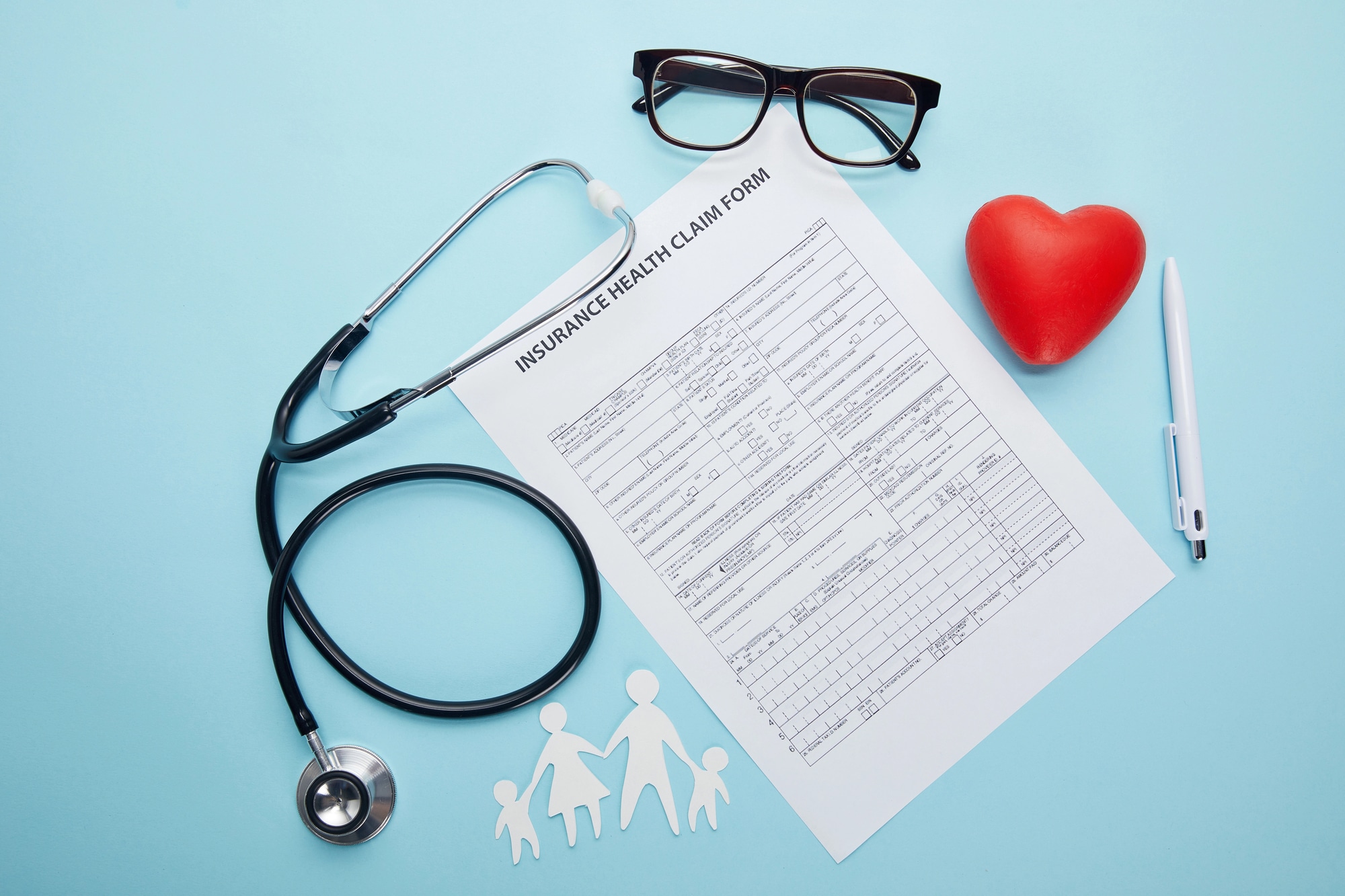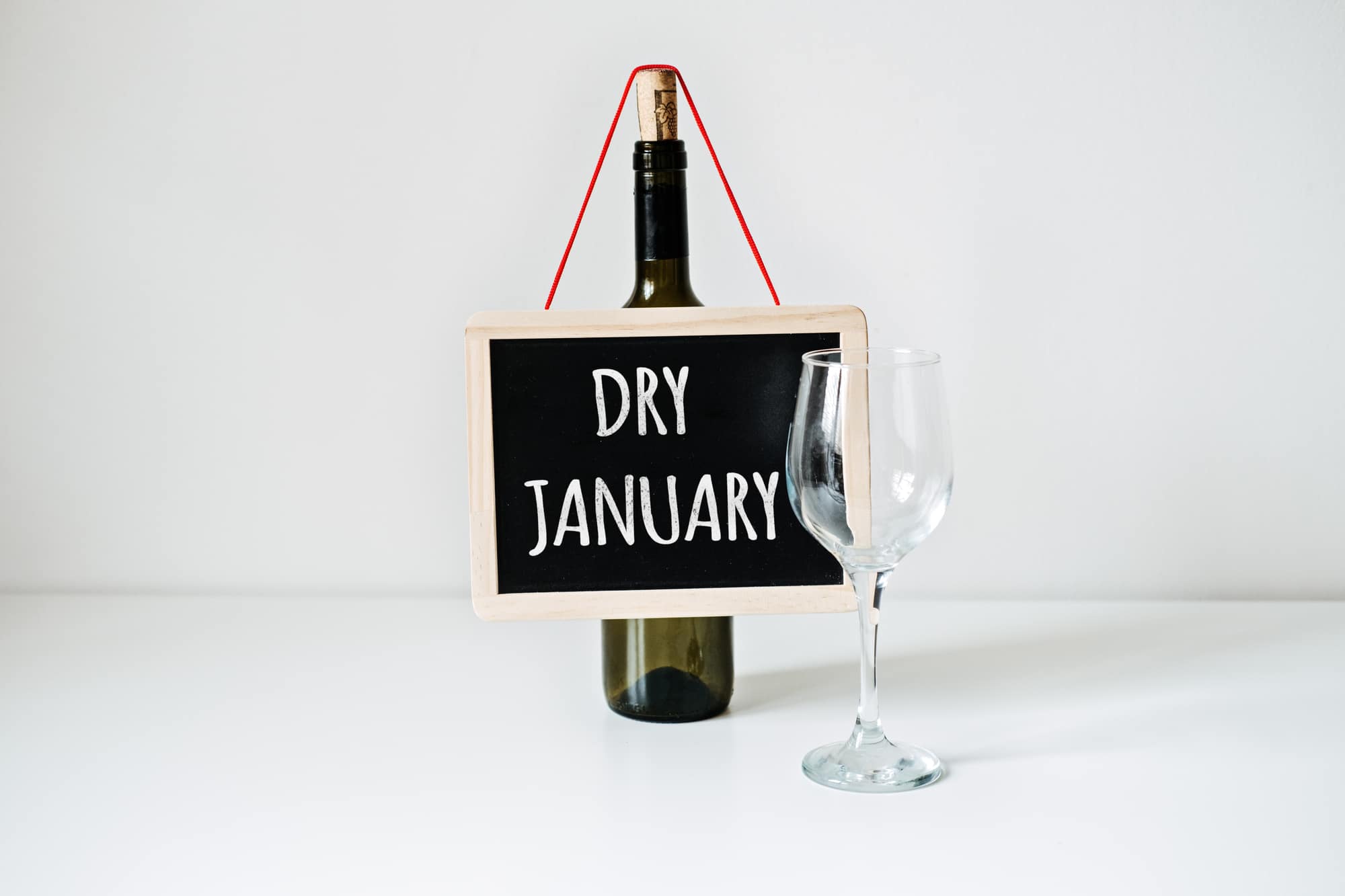
Tips for Staying Sober from Opioids During the Holidays
The holiday season is often filled with joy, family gatherings, and traditions that bring people together. But for those in recovery from opioid use disorder (OUD), the holidays can also bring emotional challenges like stress, anxiety, and memories of the past. Navigating these feelings while maintaining your sobriety is a powerful act of self-care and strength.
The good news? With the right mindset, tools, and support system, you can have a fulfilling, joyful holiday season while protecting your recovery. Here are 9 positive tips to help you stay committed to your sobriety and focus on your well-being during the holidays.
1. Focus on the Meaning of the Holidays
It’s easy to get swept up in the hustle and bustle of holiday events, but take a moment to reflect on what the season truly means to you. Is it about connection with loved ones? Gratitude? New beginnings?
When you focus on the deeper meaning of the season, you’re less likely to be distracted by stress or past experiences. Use this time to reflect on your personal growth, celebrate your progress in recovery, and think about your goals for the new year.
2. Create a Personal Holiday Self-Care Plan
The holidays can be unpredictable, but you can maintain a sense of control by having a personalized self-care plan. Consider investing in thoughtful items such as healthy snacks, fitness apparel, or joggers to support and maintain your wellness routine. Your plan should include daily activities that protect your emotional, physical, and mental well-being.
Here’s an example of a simple holiday self-care plan:
- Morning: Practice mindfulness, journal, or set daily intentions.
- Afternoon: Take time for physical activity like a walk or light exercise.
- Evening: End the day with gratitude, relaxation, or connecting with a loved one.
Stick to a consistent sleep schedule, stay hydrated, and nourish your body with healthy meals. When you feel good physically and emotionally, you’re better equipped to handle challenges.
3. Protect Your Mental Health Over the Holidays
Stress, anxiety, and loneliness can sometimes creep in during the holidays. It’s normal to feel a range of emotions, especially when facing family dynamics or old memories. But instead of pushing those feelings aside, face them with compassion.
If you’re feeling emotionally overwhelmed, try these positive coping strategies:
- Take a walk in nature to clear your mind.
- Practice breathing exercises or mindfulness.
- Call a friend, sponsor, or counselor to talk it out.
If your emotions feel too heavy, consider reaching out to a mental health professional. Outpatient treatment centers like New Era Rehabilitation in Bridgeport and New Haven, Connecticut, offer mental health counseling for people in addiction recovery.
4. Stay Connected with Your Support Network
Recovery is about connection, not isolation. This holiday season, make a point to surround yourself with positive people who support your well-being. Reach out to family, friends, recovery coaches, or others who understand your journey.
If in-person gatherings aren’t an option, consider virtual check-ins. Many 12-step groups, peer support groups, and online recovery communities have virtual meetings during the holidays. You’re never alone, even if it feels that way.
5. Practice Saying “No” Without Guilt
The holiday season often comes with invitations, requests, and obligations. But remember this: You don’t have to say “yes” to everything. If an event, conversation, or task feels like it might disrupt your peace, it’s okay to say “no.”
Saying “no” is an act of self-care. It allows you to protect your time, mental health, and recovery. You can decline an invitation or leave an event early if it doesn’t feel right for you.
Example of What to Say:
- “Thank you for inviting me, but I have other plans to focus on my health this year.”
- “I appreciate the offer, but I’m going to keep things simple for myself this season.”
Your peace is a priority, and you don’t have to explain your choices to anyone.
6. Attend Outpatient Treatment and Counseling Sessions
The holiday season is not the time to “take a break” from your recovery routine. Stay consistent with your treatment plan, especially if it includes medication-assisted treatment (MAT) or mental health counseling. Outpatient addiction treatment centers like New Era Rehabilitation continue to offer support during the holidays.
If you’re receiving treatment, keep attending your therapy or counseling appointments. These sessions can help you process any holiday-related emotions and keep you focused on your goals. Virtual sessions may also be available if your schedule gets busy.
Remember, treatment is a sign of strength, not weakness. The holidays can bring up unexpected feelings, and your counselors are there to help you navigate them.
7. Celebrate Your Progress In Recovery
Take a moment to reflect on how far you’ve come in your recovery. Whether this is your first holiday in recovery or your fifth, you deserve to celebrate your strength. Look back at where you were last year and recognize your growth.
Consider treating yourself with a self-care gift or a personal reward. It doesn’t have to be expensive — maybe it’s a new journal, a day of relaxation, or a meal from your favorite restaurant. By celebrating yourself, you’re reinforcing the positive steps you’ve taken.
8. Create New Traditions For The Holidays That Support Your Sobriety
If old holiday traditions bring up difficult memories, now is the perfect time to create new, sober-friendly ones. Here are some fresh holiday traditions you can start:
- Host a holiday brunch with loved ones.
- Take part in a local volunteering event.
- Plan a “movie marathon” day with friends or family.
- Bake or cook a new recipe from scratch.
When you create new traditions, you make space for positive, uplifting experiences. Over time, these new traditions will become cherished memories that you look forward to each year.
9. Ask for Help If You Need It
Recovery is a lifelong journey, and you don’t have to do it alone. If you ever feel overwhelmed, discouraged, or at risk of slipping back into old habits, reach out for help. Call a counselor, contact your sponsor, or check in with your treatment provider.
If you’re enrolled in outpatient treatment at New Era Rehabilitation, know that help is just a phone call away. Our team offers compassionate support through medication-assisted treatment (MAT), mental health services, and addiction counseling.
Asking for help isn’t a sign of failure — it’s a sign of strength. Everyone needs support from time to time, and the holidays are no exception.
Contact New Era Rehabilitation Today
The holidays are a season of reflection, connection, and new beginnings. While it’s normal to feel some emotional challenges, it’s also an opportunity to celebrate your progress in recovery. By staying connected to your support network, setting healthy boundaries, and focusing on your well-being, you can have a peaceful, joyful holiday season.
If you or a loved one needs support, New Era Rehabilitation in Bridgeport and New Haven, Connecticut is here to help. Our outpatient treatment programs offer medication-assisted treatment (MAT), mental health counseling, and ongoing support for opioid use disorder. Call us today at 203-562-2101 or contact us online to learn more.





